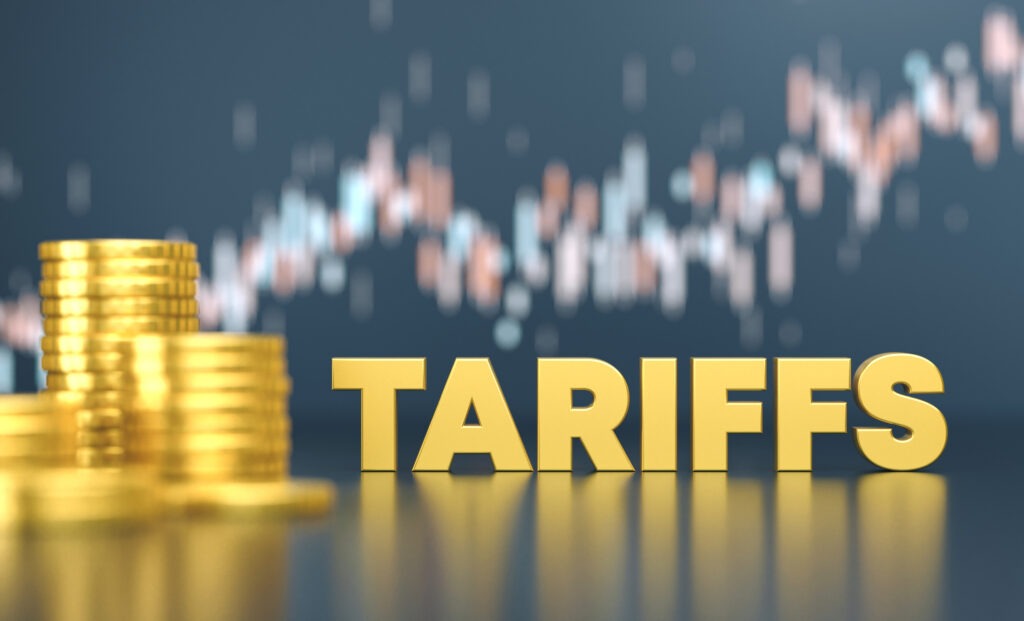Industrial raw material importers have strongly opposed the government’s decision to reverse tariff cuts, arguing that the reinstatement of import duties will sharply increase manufacturing input costs. The decision, aimed at boosting revenue, is expected to strain local producers and raise the cost of finished goods.
Importers warn that higher tariff rates may erode export competitiveness, particularly in sectors reliant on raw materials such as textiles, chemicals, and automotive parts. They argue this reversal undermines policy predictability and could affect investment decisions, disrupt supply chains, and lead to job losses.
The groups highlight that tariff liberalization plays a crucial role in maintaining affordable access to quality inputs and minimizing domestic inflation. They are calling on the government to reconsider the tariff reversal, proposing a more gradual, transparent approach.
Industry leaders urge a thorough impact assessment and stakeholder consultation to balance revenue needs with industrial growth. They emphasize that tariff policy must support long-term competitiveness and avoid critical disruptions in economic activity.



Comments (0)
No comments yet. Be the first to comment!
Leave a Comment